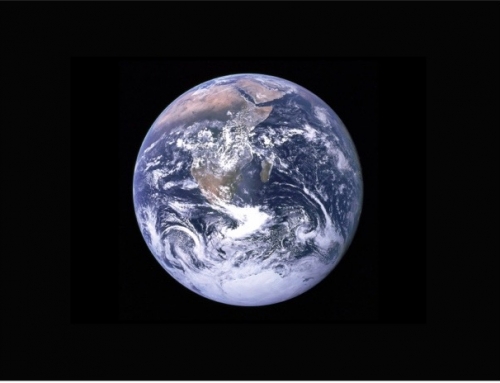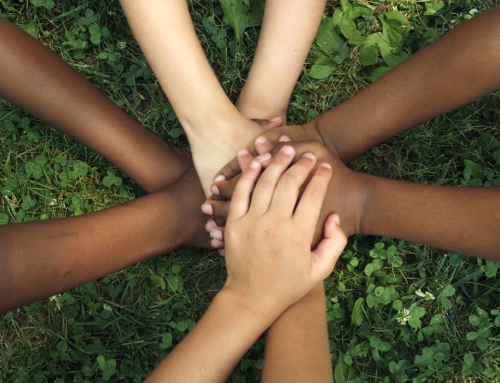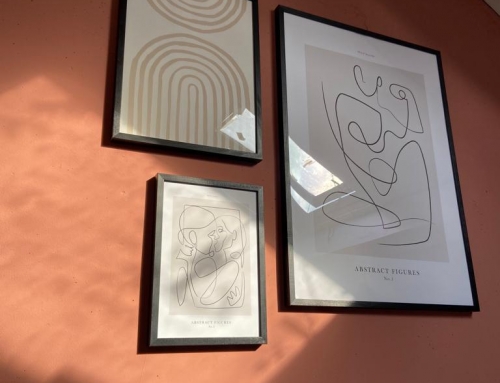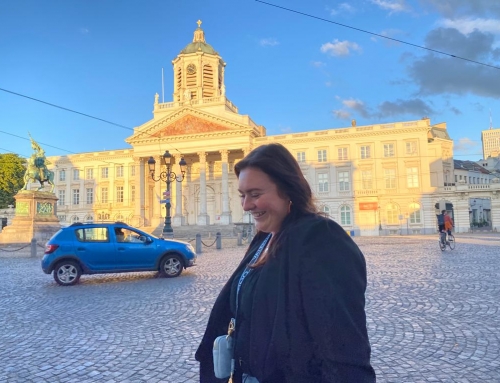In my previous blog, I wrote about my project at Innovation Square. The difficulty of building and developing a living system, the importance of having a foundation and the transformation they have to undergo to regain control and balance. Transformation, transformative social innovation, change, changing mindsets, behavioural change. These words come by multiple times while following the course Social Innovation. Change and transformation are needed to solve the complex challenges that we have to deal with. There is no one solution for these complex challenges because cause and effect can only be deduced in retrospect, which means that there are no right answers (Snowden, 1999). This blog will be about the difficulty of transformation, individualism & collectivism and the societal playfield.
Difficulty
On the one hand, I decided to write this blog because transformation is needed at Innovation Square and because transformation is needed to solve complex challenges. On the other hand, I decided to write this blog because I feel very small and unimportant at this moment. Last week I saw the documentary about Jeffrey Epstein, Jeffrey Epstein: Filthy Rich (2020). This man was one of the richest and most powerful persons in our society. He raped hundreds of young women, forced them into prostitution and trafficked them… His youngest victim was twelve years old and he forced the women to recruit younger and new victims for his horrible business. Jeffrey Epstein was friends with Donald Trump, Prins Andrew, Harvey Weinstein and Bill Clinton. These men are all extremely rich, powerful and linked with this horrible story. Nevertheless, when Jeffrey was convicted for his crimes, all these men denied the friendships they had. Right now, Jeffrey Epstein is dead and Donald Trump president of the United States. This made me scared. The documentary is about how this powerful man got away with his crimes. Maybe you know the answer already, he got away with it for more than 20 years because of money and power. This made me wonder if things like this are still possible, how can I as an individual transform? How can I solve complex challenges if there are still people in our world with that amount of power? How can I change things if there is still corruption in our world?
With these questions in mind, I thought about the blogs of Emma Boerenkamps (2020). She writes about the circular economy, climate change and sustainability. In one of her blogs, she writes about the power of governments and companies like Coca Cola and Apple. How can smaller companies and individuals have an impact if the once with the most power and influence do not change their approach to make the world a better place? As written above, I felt small and unimportant because of these thoughts. Does this then mean that I have to become the new Martin Luther King, the new Greta Thunberg to become a transformative social innovator? Or does this mean that change is only possible when something horrible happens, like the death of George Floyd?
Individualism & collectivism
In my fourth blog, I wrote that we have to learn from each other. We have to learn from other perspectives and not take our perspective for granted. I used the liminal thinking theory to argue this, our truth is not the truth and we have to deconstruct our beliefs to understand other truths, perspectives and beliefs (Gray, 2015). Maybe I can learn from others to answer the question of what I can do to transform? Individualism and collectivism come by very often if we talk about societal and complex challenges. Individualism means that people are only concerned with themselves and close family members. Collectivism can be defined as that people feel belong to larger groups or collectives in which they take care of them in exchange for loyalty and vice versa (Hofstede & Bond, 1984). Research has shown that the United States and Europe have more individualistic cultures while Asia, Middle Eastern and Arabian countries have more collectivistic cultures (Triandis, 1988). If I as European with an individualistic culture have the feeling that I have to do it alone and if I ask myself questions like what can I as an individual do to transform? Does this not say something about the real problem?
If I look around me to my closest relationships, my family and my best friends. I dare to say that I am almost the only one who tries to do something about the societal and complex challenges in our world. Last week, I had a talk about this with my mum. Right now she feels ashamed about the fact that her daughters have to clean the damage earlier generations made. Her daughters are the ones who are going to be disadvantaged by climate change and her daughters are the ones who have to pay for the economic damage as a result of the Coronavirus. This is an interesting thought because just now when her daughters are involved, she wants to do something about it. Does this mean that the people who act in an individualistic culture only change when close family members or themselves are affected?
If this is the case then I am ashamed to be part of the individualistic culture. Luckily, this is not completely the truth. I mentioned him earlier, but when George Floyd was killed by a police officer, many Dutch citizens started protesting. I believe this shows that we still can be empathic, that we still can step forward for the collective. This gave me hope.
Societal playfield
While following the course Community Design, Ger Pepels talked a lot about the societal playfield. This playfield knows four actors: the state, civil society, the market and communities. Nowadays, this societal playfield is shifting and this is necessary to deal with the challenges of our society. The actors of the playfield have to collaborate more, this is possible by participation, collectivisation and privatisation. Instead of visualising this playfield as a triangle (first model), a new societal playfield occurs, based on a new economy, new government and new communities (second model). The red circle in the middle represents societal challenges that need to be solved. Equal collaboration is needed, one perspective is not enough and all perspectives need to be involved to achieve the new societal playfield (Pepels, 2020) & (Avelino, 2019).

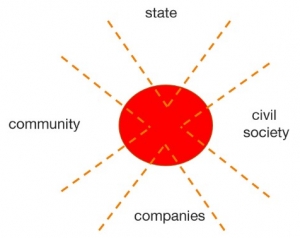
Doing it together, collaboration, collectivism and different perspectives. Is this the new reality that gives us hope, hopes that our world still can be saved, hopes that I do not have to do it alone? Our society is changing, if we do something we have to justify ourselves and it becomes more and more unacceptable to do something for ourselves by harming the others.
While writing this blog, I realised that I did not just felt small and unimportant, I felt alone. At Innovation Square, I tried to build and develop a living system, I wanted the inhabitants to feel ownership and responsibility. During this process, I felt alone, I had the feeling that if I did not do something, nothing happened. Nevertheless, this is not strange because I believe that also at Innovation Square a societal shift is needed. Equal collaboration, participation and collectivisation. Inhabitants have to first understand the deeper meanings of the place, relate to them and carry them. As a result of understanding and seeing the urgency, they in the end start acting. This is a process and that costs time. As written down in my fifth blog, it will not be beneficial to impose a way of working and a structure. They have to find this out themselves. I am only there to facilitate and steer this process. Instead of being active, I have to activate them. By this, I can transform and evoke change.

